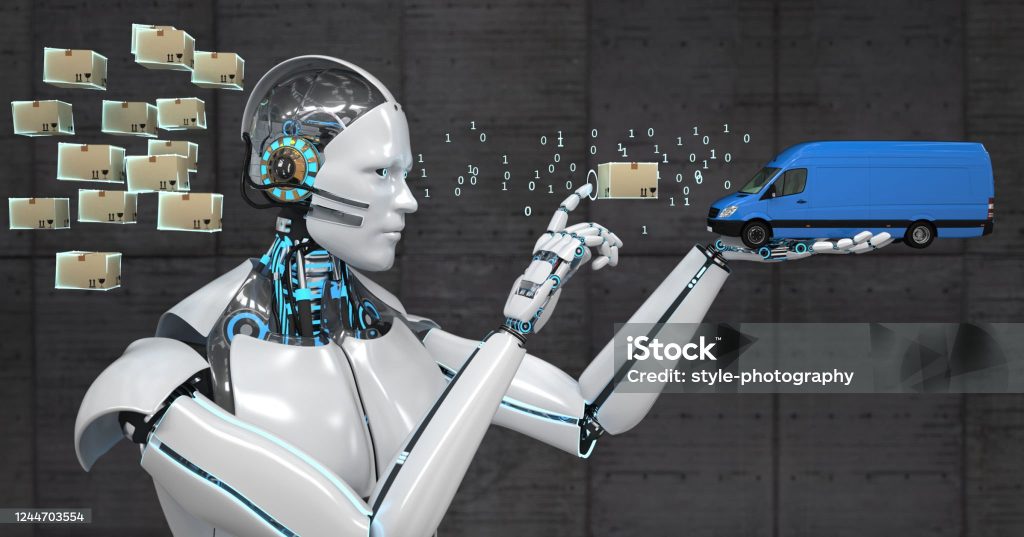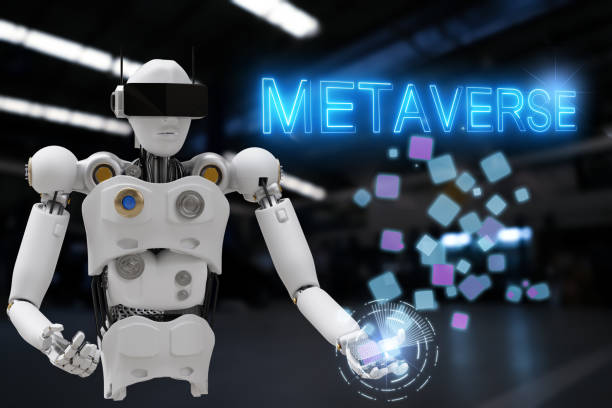Table of Contents
Introduction
The world of work is undergoing a profound transformation, driven by technological advancements such as automation, artificial intelligence (AI), and the rise of the gig economy. These forces are reshaping the job market, creating new opportunities and challenges for workers and businesses alike.

Automation and AI
Automation, the use of technology to perform tasks previously done by humans, is becoming increasingly prevalent across industries. Robotics, machine learning, and other AI technologies are enabling machines to perform tasks with greater efficiency and accuracy than humans. This has led to concerns about job displacement, as certain tasks and jobs may become obsolete.
However, automation also creates new opportunities by freeing up human workers to focus on higher-level tasks that require creativity, problem-solving, and critical thinking. Additionally, automation can lead to increased productivity and efficiency, benefiting businesses and the economy as a whole.
The Gig Economy
The gig economy, characterized by short-term, project-based work arrangements, is another major trend shaping the future of work. Platforms like Uber, Lyft, and TaskRabbit have made it easier for individuals to find freelance work and for businesses to access on-demand talent.

The gig economy offers flexibility and autonomy for workers, but it also raises concerns about job security, income stability, and access to benefits. As the gig economy continues to grow, it is essential to address these challenges and ensure that workers have adequate protections and support.
The Future of Work
The future of work is likely to be characterized by a combination of automation, AI, and the gig economy. While these forces may disrupt traditional job markets, they also present opportunities for innovation and growth.
To prepare for the future of work, individuals and businesses must invest in skills development, adaptability, and lifelong learning. Governments and policymakers must also play a role in ensuring a just and equitable transition to a new era of work.

Conclusion
The future of work is uncertain, but it is clear that technological advancements and changing economic conditions are reshaping the job market. By understanding the trends driving these changes, individuals and businesses can better prepare for the challenges and opportunities that lie ahead.

